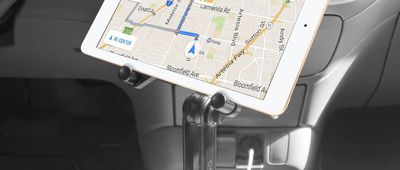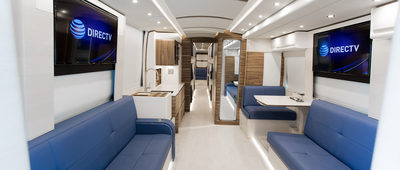Wheeling and Dealing
Buying a car is one of the most important financial decisions you can make. Picking the right car is one thing, but paying the right price for it is a whole other challenge.
And getting the best deal can mean saving thousands — or even more — in the long run.
Read below for the 12 best ways to pay less for your next car.





















